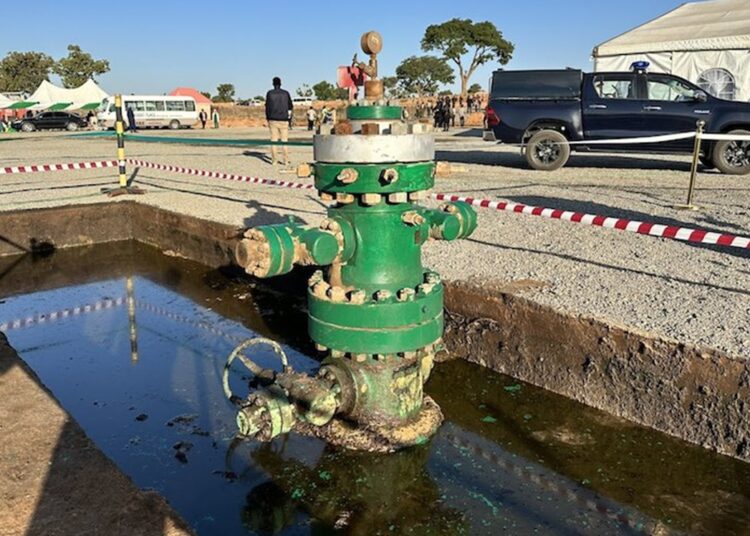Northern States Governors’ Forum (NSGF) has reiterated the need for sustained exploration of crude oil at the Kolmani oil fields.
LEADERSHIP Weekend had in a detailed report documented how oil exploration at the Kolmani Oil Field was suspended despite its enormous potential to drive more revenue for the federal government through crude oil production and gas exploration.
Exploration on the field stopped after the NNPCL moved most of the drilling equipment to Nasarawa State and Lake Chad.
The chairman of NSGF who is also the governor of Gombe State, Inuwa Yahaya, in a statement signed by the director-general, Press Affairs, Isma’ila Misilli, reinforced the plea during a closed-door meeting with the group managing director of the Nigerian National Petroleum Company Ltd (NNPCL), Mele Kyari, at the NNPC Towers in Abuja.
He said the meeting formed part of ongoing efforts to solidify Gombe and Bauchi States’ roles as key energy hubs in the North, leveraging the Kolmani Integrated Development Project and other oil and gas investments to ensure that they continue to drive regional and national economic growth.
He assured of the commitment of northern governors to creating sustainable economic opportunities that benefit the Northern region and Nigeria at large.
About two years ago, at the twilight of the administration of former President Muhammadu Buhari, NNPCL in partnership with New Nigeria Development Company started drilling crude oil at two oil blocks in Kolmani Oil Field, OPL809 and OPL810 accordingly.
The oil field, traversing Bauchi and Gombe states, was projected to contain huge deposits of crude oil and gas. Estimates show that there are about a billion barrels of crude oil deposits.
It was projected that the Kolmani oil field could generate about $3 billion in investments in the country including a petrochemical refinery of about 120,000 bpd, a gas processing plant of about 500 million cubic meters per day, a fertiliser blending plant and a 300 MW powerplant.
Apart from the financial prospect, the field has the potential to redraw the hydrocarbon map of the country and provide employment opportunities to Nigerians.
Similarly, drilling and exploration on the field were expected to last up to 2060. Daily, Kolmani oil blocks were projected to generate about 50,000 barrels of crude oil





